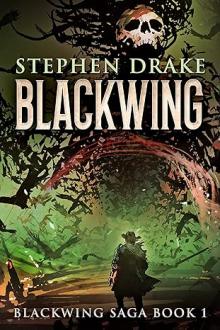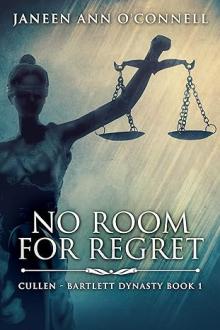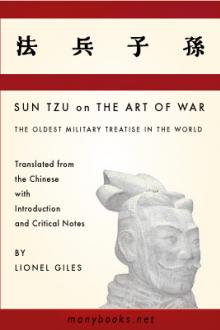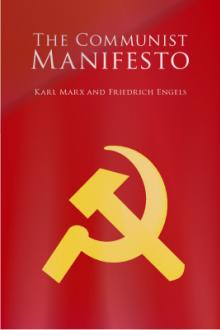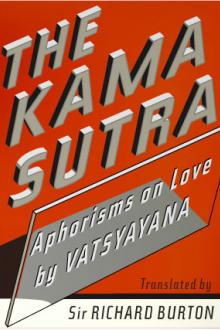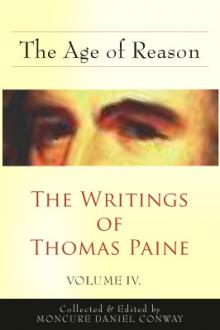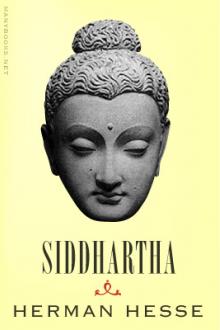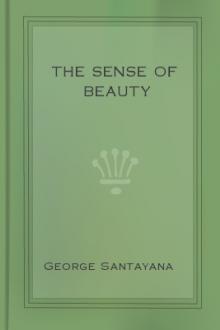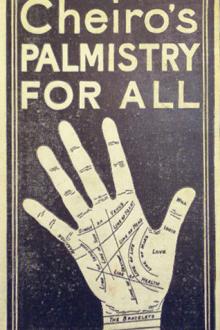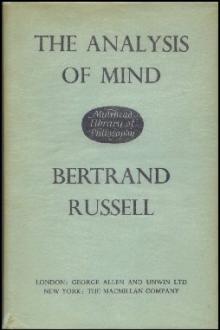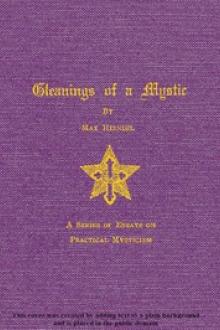The Rosicrucian Mysteries
The Rosicrucian Mysteries
An Elementary Exposition of Their Secret Teachings
Book Excerpt
r, for the awakening of the latent powers in man, so that all may be guided safely through the danger-zone and be as well fitted as possible to use these new faculties. Effort is made to blend the love without which Paul declared a knowledge of all mysteries worthless, with a mystic knowledge rooted and grounded in love, so that the pupils of this school may become living exponents of this blended soul-science of the Western Wisdom School, and gradually educate humanity at large in the virtues necessary to make the possession of higher powers safe.
Note:--
Pages 19 to 26 inclusive, describing Mt. Ecclesia, have been transferred to the back of the book. (Transcriber's Note: They are pages 191 through 200.)
CHAPTER II.
THE PROBLEM OF LIFE AND ITS SOLUTION
THE PROBLEM OF LIFE.
Among all the vicissitudes of life, which vary in each individual's experience, there is one event which so
FREE EBOOKS AND DEALS
(view all)Popular books in Religion, Occult, Philosophy
Readers reviews
3.0
LoginSign up
I like it very much
- Upvote (0)
- Downvote (0)
Max Heindel (1865-1919) was a Christian occultist, astrologer, and mystic. In 1907, Heindel claims he was visited by a spiritual being that revealed to him a number of mystical truths and eventually Heindel began an organization called The Rosicrucian Fellowship in California.
The Rosicrucian Mysteries is a condensation of esoteric Christianity as understood by Heindel. Based much on a medieval understanding of life and the cosmos, Heindel expresses some interesting beliefs such as Uranus not being an actual part of our solar system and that an atom in the left ventricle of the heart is a recording device that is played back after our death (a statement made before heart transplants would have put this dogma into serious question).
In the book, Heindel promotes strict vegetarianism, the abolition of capital punishment, and the abolition of corporal punishment in the raising of children.
However, Heindel suffers from a total misunderstanding of basic Christianity, interpreting the statements of the New Testament gospels without the vaguest understanding of the cultural milieu and the world view in which those statement were made.
The result is a Christian viewpoint that is more Gnostic than orthodox.
The Rosicrucian Mysteries is a condensation of esoteric Christianity as understood by Heindel. Based much on a medieval understanding of life and the cosmos, Heindel expresses some interesting beliefs such as Uranus not being an actual part of our solar system and that an atom in the left ventricle of the heart is a recording device that is played back after our death (a statement made before heart transplants would have put this dogma into serious question).
In the book, Heindel promotes strict vegetarianism, the abolition of capital punishment, and the abolition of corporal punishment in the raising of children.
However, Heindel suffers from a total misunderstanding of basic Christianity, interpreting the statements of the New Testament gospels without the vaguest understanding of the cultural milieu and the world view in which those statement were made.
The result is a Christian viewpoint that is more Gnostic than orthodox.
09/13/2009
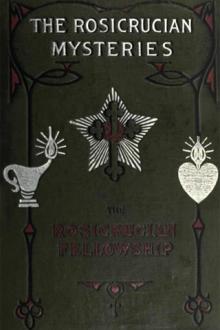
 Free Download
Free Download

